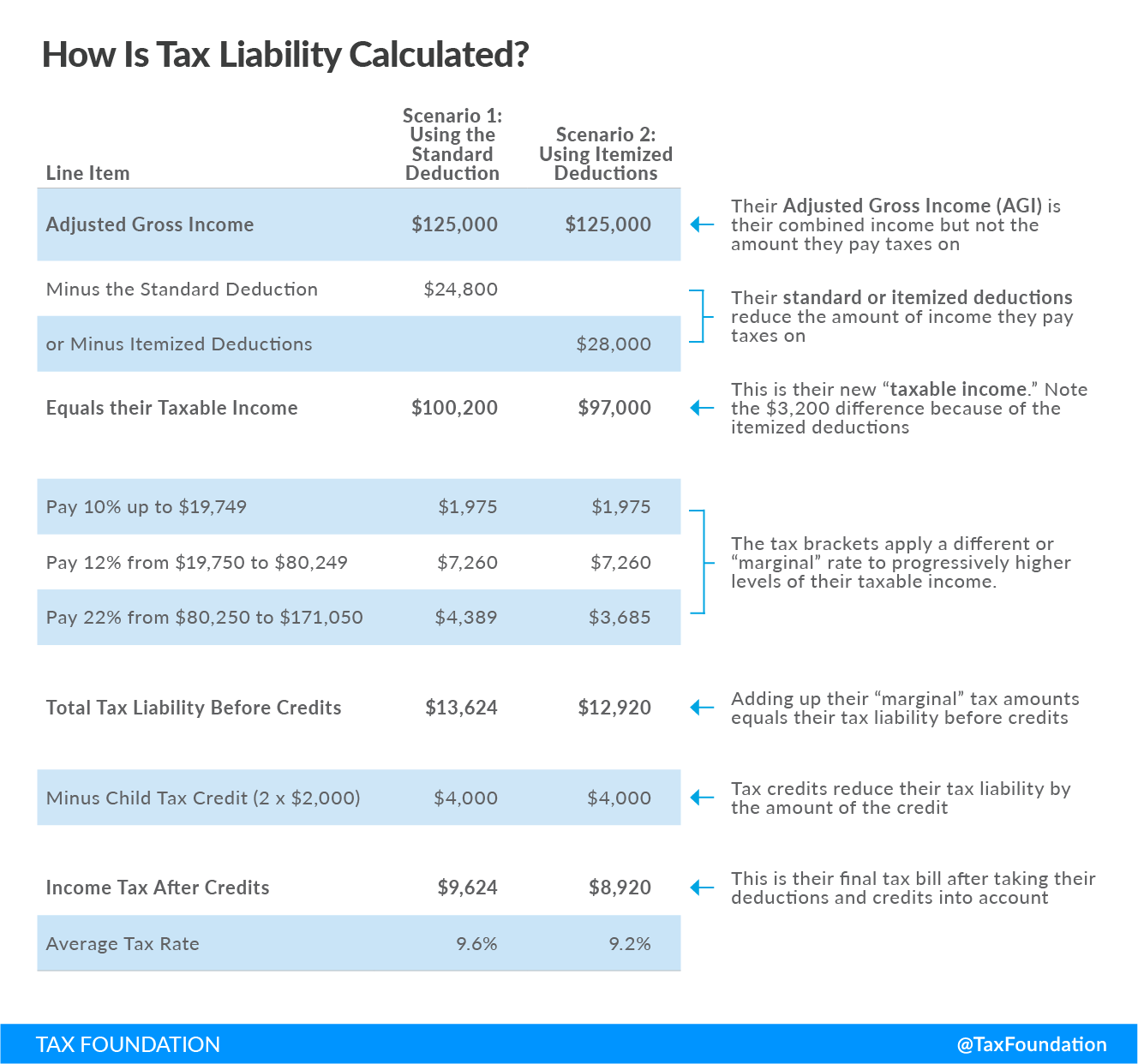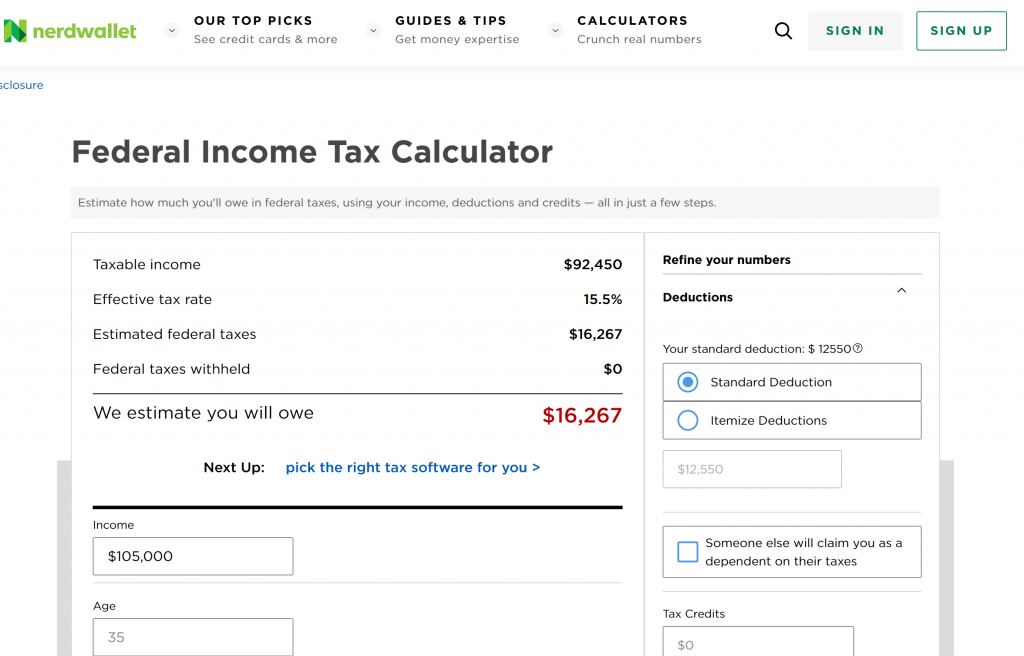Everyday examples of how the FEIE Standard Deduction influences taxable income
Recognizing the Foreign Earned Income Exclusion and Its Influence On Your Standard Reduction
The Foreign Earned Revenue Exemption (FEIE) uses significant advantages for migrants, permitting them to leave out a portion of their foreign-earned revenue from united state tax. Claiming the FEIE can make complex one's tax scenario, particularly pertaining to the standard reduction. Understanding this interaction is important for individuals living abroad. As expatriates browse these complexities, they need to consider just how their selections influence their overall tax responsibility. What approaches can they employ to optimize their financial end results?
What Is the Foreign Earned Income Exclusion (FEIE)?
The Foreign Earned Earnings Exclusion (FEIE) functions as a crucial tax benefit for united state people and resident aliens working abroad. This stipulation allows eligible individuals to leave out a substantial section of their foreign-earned earnings from united state tax, effectively lowering their overall tax burden. The FEIE intends to reduce the monetary pressure on expatriates and urges Americans to go after employment possibility in foreign markets. The exemption relates to incomes, salaries, and professional costs gained while residing in a foreign country. The maximum exclusion amount is readjusted each year for rising cost of living, guaranteeing that it continues to be pertinent to current financial problems. By making use of the FEIE, expatriates can keep even more of their earnings, fostering monetary security while living overseas. On the whole, the FEIE plays an essential duty fit the financial landscape for Americans abroad, helping with a smoother change to international workplace and promoting economic interaction on a global range.
Eligibility Demands for the FEIE
Qualification for the Foreign Earned Income Exclusion (FEIE) is contingent upon meeting specific standards established by the Irs (INTERNAL REVENUE SERVICE) Mostly, people have to be united state people or resident aliens who earn earnings while staying in a foreign country. To certify, they have to satisfy either main tests: the Physical Existence Test or the Bona Fide Residence Test.
The Physical Presence Test requires individuals to be literally existing in an international country for at the very least 330 complete days within a 12-month duration - FEIE Standard Deduction. On the other hand, the Bona Fide Home Examination requires that people establish residency in a foreign nation for a continuous period that includes an entire tax year
Additionally, the income should be stemmed from personal services performed in the international nation. Fulfilling these needs permits taxpayers to leave out a considerable part of their foreign-earned income from united state tax, consequently reducing their general tax responsibility.
How to Claim the FEIE

To begin the procedure, individuals must gather files that validate their international incomes, such as pay stubs, tax returns from foreign countries, and any kind of relevant work agreements. It is very important to assure all revenue asserted under the FEIE is gained from foreign sources and fulfills the required thresholds.
Furthermore, taxpayers should think about submitting target dates and any kind of feasible expansions. Claiming the FEIE properly not just assists in minimizing tax obligation obligation however additionally guarantees conformity with internal revenue service regulations. Proper documents and adherence to guidelines are crucial for a successful case of the Foreign Earned Income Exemption.
The Communication In Between FEIE and Common Deduction
The communication in between the Foreign Earned Income Exclusion (FEIE) and the standard deduction is a crucial aspect of tax obligation planning for expatriates. Understanding the basic concepts of FEIE, along with the restrictions of the common deduction, can greatly impact tax filing approaches. This section will certainly discover these components and their ramifications for taxpayers living abroad.
FEIE Fundamentals Clarified
While several migrants seek to decrease their tax worry, understanding the communication between the Foreign Earned Income Exclusion (FEIE) and the typical deduction is vital. The FEIE permits U.S. citizens and resident aliens living abroad to leave out a specific amount of international gained earnings from U.S. taxation. This exemption can greatly reduce gross income, potentially affecting qualification for various other deductions, such as the conventional deduction. Incredibly, individuals that assert the FEIE can not also take the basic reduction versus the left out earnings. Because of this, expatriates have to carefully evaluate their overall income and reductions to maximize their tax scenario. Recognition of these communications can lead to even more educated financial decisions and far better tax approaches for migrants steering via their distinct situations.
Standard Deduction Limitations
Recognizing the restrictions of the standard reduction in relation to the Foreign Earned Earnings Exemption (FEIE) is crucial for migrants steering their tax obligation responsibilities. While the FEIE allows qualifying individuals to exclude a specific quantity of foreign-earned revenue from U.S. taxes, it can impact the typical reduction they are eligible to case. Specifically, taxpayers who claim the FEIE can not also claim the common reduction on that left out income. Furthermore, if an expatriate's overall revenue falls below the basic reduction limit, they might not gain from it whatsoever. This interplay necessitates mindful planning to maximize tax advantages, as underutilizing the conventional deduction can result in higher taxable earnings and boosted tax obligation. Recognizing these limitations is crucial for efficient tax obligation method.
Tax Filing Implications
Maneuvering the tax obligation declaring implications of the Foreign Earned Earnings Exemption (FEIE) requires cautious factor to consider of just how it engages with the common reduction. Taxpayers using the FEIE can omit a significant portion of their foreign-earned income, but this exclusion impacts their qualification for the common reduction. Particularly, if a private insurance claims the FEIE, they can not likewise assert the standard reduction for that revenue. This can cause a reduced total tax liability but may make complex the filing process. Additionally, taxpayers need to assure compliance with internal revenue service requirements when submitting Type 2555 for the FEIE. Comprehending these communications is crucial for enhancing tax advantages while staying clear of prospective pitfalls in the declaring process. Mindful preparation can take full advantage of advantages and reduce liabilities.
Possible Tax Effects of Making Use Of the FEIE
The learn this here now Foreign Earned Revenue Exclusion (FEIE) supplies substantial tax benefits for U.S. citizens functioning abroad, but it likewise comes with possible implications that call for cautious consideration. One significant consequence is the influence on qualification for specific tax obligation click to find out more credit histories and reductions. By electing to make use of the FEIE, taxpayers may accidentally reduce their adjusted gross revenue, which can limit access to credits like the Earned Income Tax obligation Credit or decrease the quantity of standard deduction offered.
In addition, people that use the FEIE might face issues when returning to the U.S. tax obligation system, specifically concerning the taxes of future income. The exclusion applies only to made earnings, implying other earnings kinds, such as dividends or rate of interest, continue to be taxable. This difference requires meticulous record-keeping to ensure conformity. Lastly, the FEIE might influence state tax obligation obligations, as some states do not recognize the exclusion and might exhaust all income earned by their residents, no matter where it is earned.
Tips for Maximizing Your Tax Benefits While Abroad
While working abroad can be enriching, it also presents special chances to enhance tax obligation advantages. To maximize these advantages, people ought to initially establish their qualification for the Foreign Earned Earnings Exclusion (FEIE) and consider the physical presence examination or the bona fide residence examination. Maintaining detailed documents of all revenue made and expenditures sustained while abroad is crucial. This documents sustains cases for reductions and credit reports.
Additionally, recognizing the tax treaties between the United States and the host country can aid prevent dual taxation. Individuals need to likewise explore payments to tax-advantaged accounts, such as IRAs, which might offer more reductions.

Finally, seeking advice from a tax expert specializing in expatriate tax obligation law can provide customized techniques and warranty conformity with both united state and international tax commitments. By taking these actions, migrants can properly improve their economic circumstance while living abroad.
Regularly Asked Questions
Can I Use FEIE if I Work for an International Federal government?
Yes, an individual can utilize the Foreign Earned Revenue Exclusion (FEIE) while helping an international federal government, provided they fulfill the requisite problems outlined by the IRS, consisting of the physical presence or bona fide home examinations.

Does FEIE Apply to Self-Employment Income?
The Foreign Earned Revenue Exclusion (FEIE) does apply to self-employment revenue, supplied the private meets the required needs. Qualified self-employed people can omit certifying income gained while residing in a foreign country from taxation.
Suppose My Foreign Revenue Surpasses the FEIE Limitation?
If foreign earnings exceeds the FEIE limit, the excess amount may be subject to U.S. tax. Taxpayers must report and pay tax obligations on the earnings over the exclusion limit while still taking advantage of the exclusion.
Can I Assert the FEIE and Itemize Deductions?
Yes, individuals can assert the Foreign Earned Earnings Exemption (FEIE) while also making a list of reductions. Nevertheless, they should realize that claiming the FEIE might impact the accessibility of particular itemized deductions on their income tax return.
How Does FEIE Affect My State Tax Obligation Obligations?
The reference Foreign Earned Income Exclusion can lower state tax responsibilities, as many states comply with federal guidelines. Individual state guidelines vary, so it's necessary to speak with state tax obligation policies for specific implications on tax duties.
The Foreign Earned Earnings Exemption (FEIE) provides considerable advantages for migrants, permitting them to omit a part of their foreign-earned revenue from U.S. taxation. While many migrants look for to lower their tax problem, recognizing the interaction in between the Foreign Earned Revenue Exemption (FEIE) and the common reduction is essential. Understanding the restrictions of the standard reduction in connection to the Foreign Earned Revenue Exclusion (FEIE) is vital for expatriates navigating their tax responsibilities. The exemption uses only to made income, implying other income kinds, such as dividends or passion, stay taxed. The Foreign Earned Income Exemption (FEIE) does apply to self-employment income, provided the private meets the needed needs.